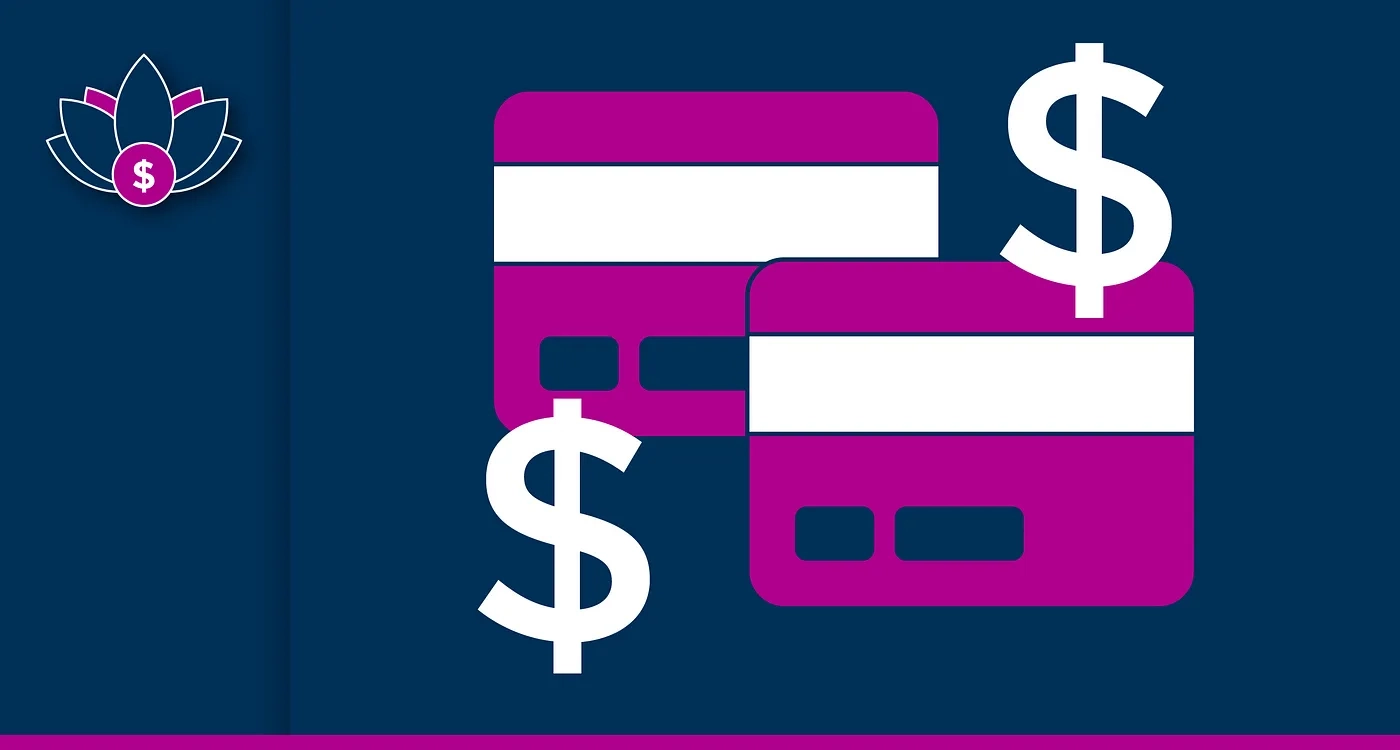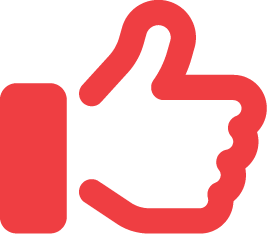Sophisticated employers are rolling out financial wellness benefits to help employees manage debt and strengthen credit, with their employees’ wellness and the bottom line in mind.

Household credit card debt rose to a record $1.03 trillion in the second quarter of 2023, according to the Federal Reserve Bank of New York’s latest Quarterly Report on Household Debt and Credit published this week.
The news follows Bank of America’s report on Tuesday that more people are tapping their 401(k) accounts because of financial distress. “The number of people who made a hardship withdrawal during the second quarter surged from the first three months of the year to 15,950, an increase of 36% from the second quarter of 2022,” per CNN.
Canary in the coal mine: Workers’ financial health is deteriorating
Perhaps most troubling is the fact that new delinquencies continue to climb, according to the New York Fed report. Taken together these concerning figures are a canary in the coal mine: Workers’ financial situations are deteriorating. They’re relying on expensive credit just to get by — the average credit card charges a 20.6% interest rate, according to Bankrate — and robbing their future to pay past debts.
Bad debt, defined broadly as debt borrowers cannot pay back at an affordable cost or within a reasonable time frame, prevents millions of workers from saving money and investing in their retirement. It’s a drag on workers’ physical, financial, and mental health, as well as worker productivity, and the U.S. economy.
So, what’s an employer to do?
Recommendations for employers
Explore debt and credit benefits: Sophisticated employers are rolling out new employee financial wellness benefits to help employees manage debt and strengthen credit, with their employees’ wellness and the bottom line in mind. “Even as employers are expanding their financial wellness offerings, credit- and debt-related benefits remain some of the least frequently offered benefits,” according to a brief from the Financial Health Network, so, they’re a key way to differentiate your business from your competitors.
Think short and long term: “When designing benefits programs, employers tend to overlook the importance of short-term financial needs,” per the FHN brief, so benefits like emergency cash savings can be particularly helpful.
The brief explores categories of benefits and considerations for leaders who seek to realize the talent, retention, productivity, and wellness gains credit and debt benefits yield to organizations and employees. Given the latest credit card debt and delinquency data, you’ll need it.






